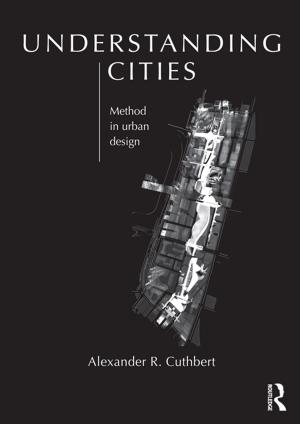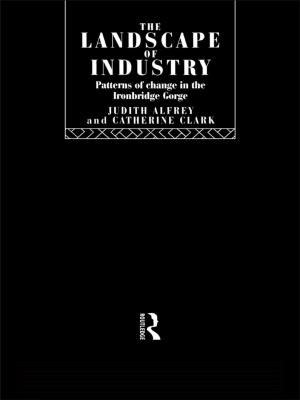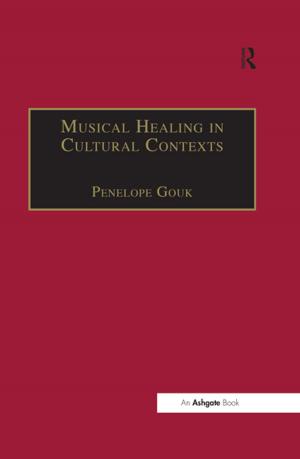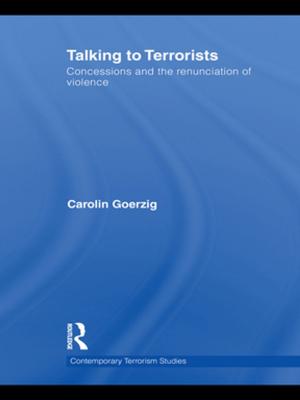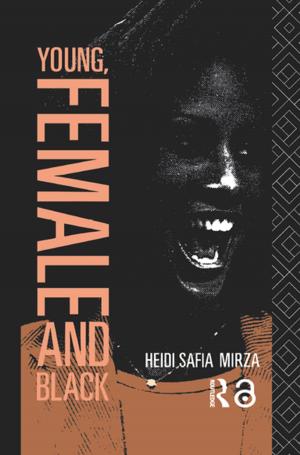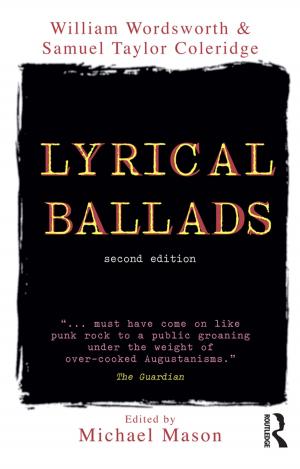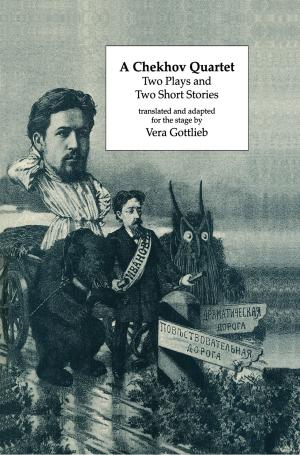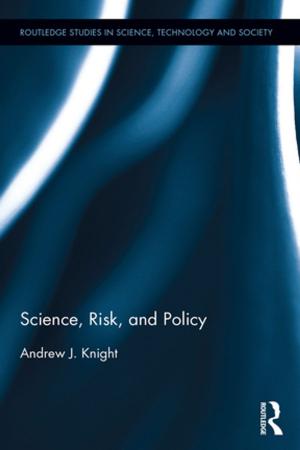Multicultural Citizenship of the European Union
Nonfiction, Social & Cultural Studies, Social Science| Author: | Juan M Delgado-Moreira | ISBN: | 9781351756112 |
| Publisher: | Taylor and Francis | Publication: | February 6, 2018 |
| Imprint: | Routledge | Language: | English |
| Author: | Juan M Delgado-Moreira |
| ISBN: | 9781351756112 |
| Publisher: | Taylor and Francis |
| Publication: | February 6, 2018 |
| Imprint: | Routledge |
| Language: | English |
This title was first published in 2000: This text deals with two intertwined dimensions of multicultural citizenship of the European Union. It studies the theoretical debate over how best to reconcile multiculturalism, citizenship and the need for collective identity at the European Union (EU) level by comparing EU citizenship with cultural citizenship and multicultural studies in the United States. In addition to this, through the study of EU documents, the author contends that there exists such a thing as policies of multicultural citizenship at the European Union level. He then goes on to analyze their key aspects, such as the pursuit of symbolic forms of multiculturalism and the arguments to support affirmative action policies for women. The text also examines the steps taken by certain EU institutions towards creating European identity and improving awareness of citizenship and cultural heritage, while meeting the test of subsidiarity. The author concludes that there are competing discourses in EU institutions concerning the best model for EU citizenship. Among other concepts, they construe multiculturalism and transnationalism as contested and sometimes opposing interpretations of citizenship. The text goes on to reveal a lack of substantive connection between EU citizenship and identity in the European Union, as well as the artificiality of EU attempts to build it anew. It concludes that a plurality of cultural constructions of EU citizenship, within the wider framework of liberal culturalism, may be a viable model of EU citizenship.
This title was first published in 2000: This text deals with two intertwined dimensions of multicultural citizenship of the European Union. It studies the theoretical debate over how best to reconcile multiculturalism, citizenship and the need for collective identity at the European Union (EU) level by comparing EU citizenship with cultural citizenship and multicultural studies in the United States. In addition to this, through the study of EU documents, the author contends that there exists such a thing as policies of multicultural citizenship at the European Union level. He then goes on to analyze their key aspects, such as the pursuit of symbolic forms of multiculturalism and the arguments to support affirmative action policies for women. The text also examines the steps taken by certain EU institutions towards creating European identity and improving awareness of citizenship and cultural heritage, while meeting the test of subsidiarity. The author concludes that there are competing discourses in EU institutions concerning the best model for EU citizenship. Among other concepts, they construe multiculturalism and transnationalism as contested and sometimes opposing interpretations of citizenship. The text goes on to reveal a lack of substantive connection between EU citizenship and identity in the European Union, as well as the artificiality of EU attempts to build it anew. It concludes that a plurality of cultural constructions of EU citizenship, within the wider framework of liberal culturalism, may be a viable model of EU citizenship.


